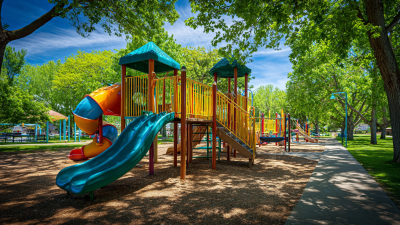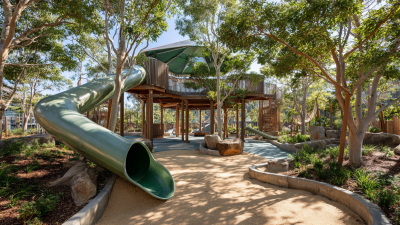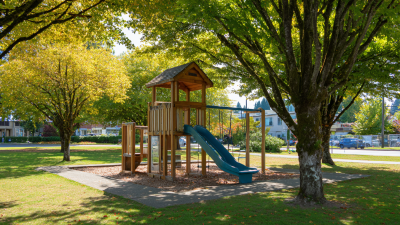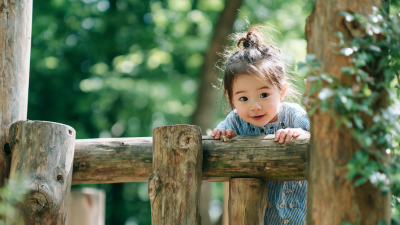 +86-13901441113
+86-13901441113




Outdoor play is essential for children's development, offering a multitude of physical, social, and emotional benefits. According to the American Academy of Pediatrics, children should engage in at least 60 minutes of physical activity every day, and playgrounds in parks provide an ideal setting for this vital playtime. A study published in the Journal of Physical Activity and Health highlights that children who frequently play in these environments are more likely to maintain healthy weight and develop strong motor skills. Moreover, the National Recreation and Park Association reports that access to well-designed playgrounds can significantly boost children's creativity and social interactions.
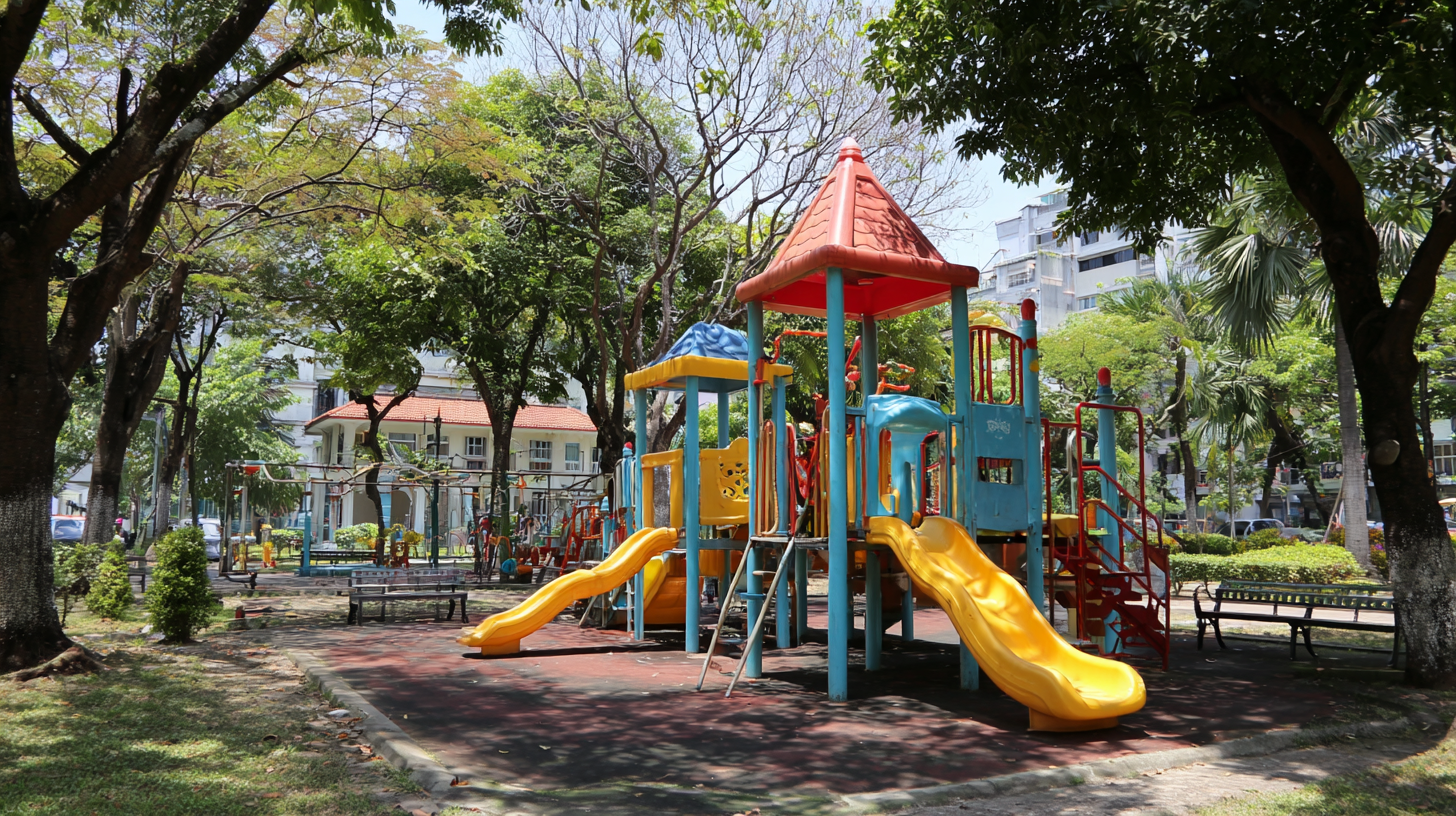
As we explore the benefits of outdoor play, it becomes clear that the Playground in the Park serves not just as a fun destination, but as a crucial component of healthy childhood development, fostering an active lifestyle and encouraging lifelong habits that contribute to well-being.
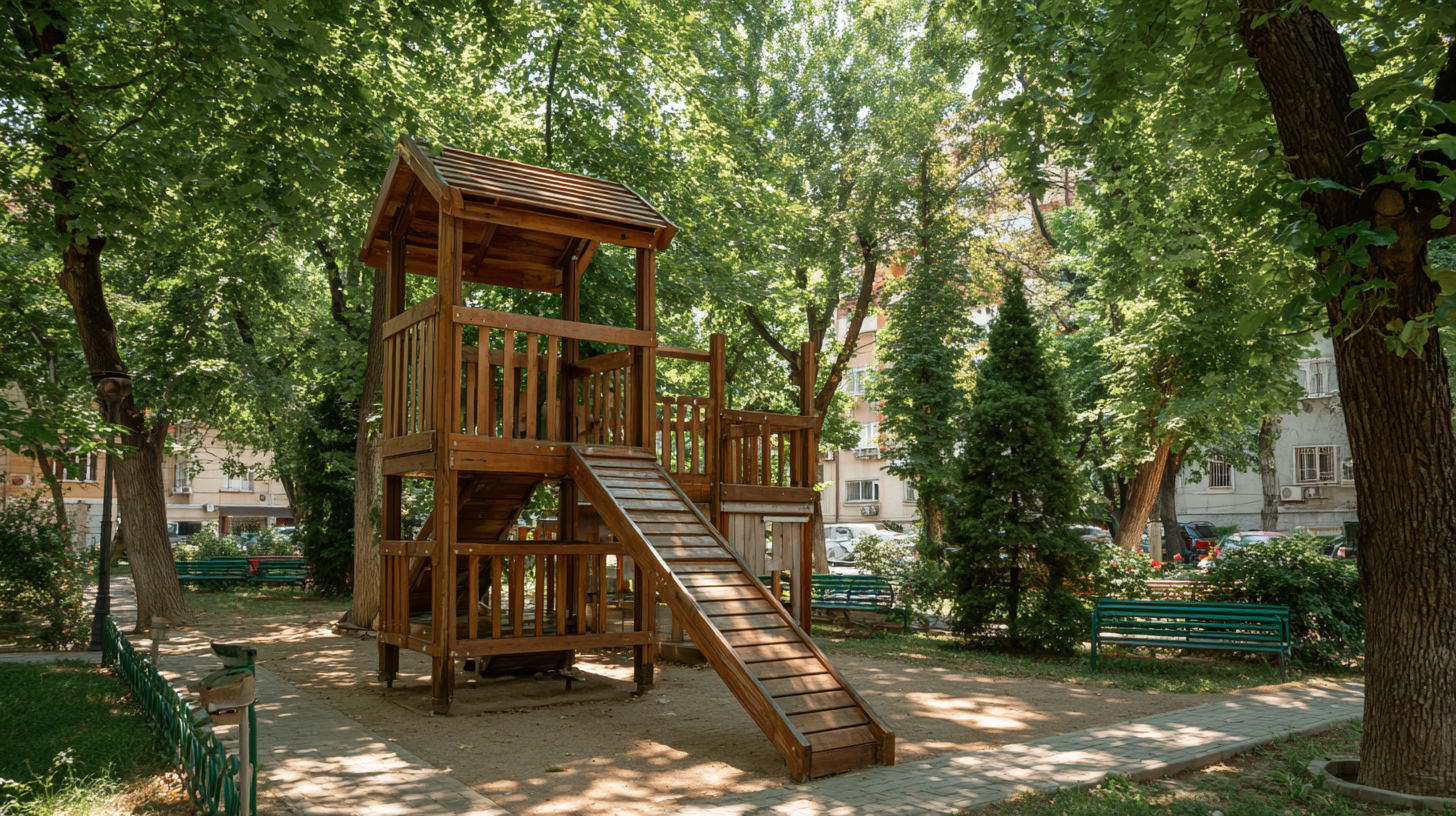 Outdoor play is a vital component of child development, providing numerous benefits that contribute to a child's physical, social, and emotional growth. Engaging in activities at playgrounds allows children to develop their motor skills, enhance their coordination, and build strength as they climb, swing, and run. The open space of a park encourages them to explore their environment, facilitating a natural curiosity that promotes cognitive development. These physical activities are essential for combating sedentary lifestyles, particularly in an age dominated by screens.
Outdoor play is a vital component of child development, providing numerous benefits that contribute to a child's physical, social, and emotional growth. Engaging in activities at playgrounds allows children to develop their motor skills, enhance their coordination, and build strength as they climb, swing, and run. The open space of a park encourages them to explore their environment, facilitating a natural curiosity that promotes cognitive development. These physical activities are essential for combating sedentary lifestyles, particularly in an age dominated by screens.
Moreover, playgrounds serve as social hubs where children can interact with their peers. This interaction fosters important social skills such as teamwork, empathy, and conflict resolution, as children learn to negotiate, share, and collaborate during play. Additionally, these social experiences contribute to emotional resilience, as navigating friendships and rivalries equips children with coping strategies for real-life challenges. The importance of outdoor play thus extends beyond mere recreation, affirming its role in nurturing well-rounded, capable individuals who are prepared for the complexities of life.
Playgrounds are more than just a space for physical activity; they serve as crucial environments for children to develop social skills and teamwork. According to a report by the National Center on Physical Activity and Disability, children who engage in playground activities demonstrate improved cooperation and communication skills, essential components for successful social interactions. Through collaborative play, children learn to navigate conflicts, share resources, and establish friendships, which are vital for their personal development.
Tips for Parents: Encourage your children to play in diverse groups. This exposure helps them learn how to interact with peers of different backgrounds and personalities, fostering empathy and acceptance. Moreover, setting specific playdates can enhance opportunities for your child to build deeper relationships with their friends.
Moreover, the design of modern playgrounds promotes teamwork through structures that require collaboration for exploration. Kids are often faced with challenges that necessitate working together, whether it’s scaling a climbing wall or strategizing in a cooperative game. A study from the American Academy of Pediatrics highlights that such interactive play not only enhances physical health but also boosts emotional intelligence by teaching children to express their feelings and understand those of others.
Tips for Community Leaders: Investing in inclusive playground designs can significantly impact community cohesion. Ensuring that playgrounds cater to children of all abilities strengthens the social fabric of neighborhoods, allowing children to learn valuable interpersonal skills in a supportive environment.
| Dimension | Description | Impact on Social Skills | Impact on Teamwork |
|---|---|---|---|
| Physical Activity | Engaging in motor skills and overall fitness | Enhances cooperative play and interaction | Encourages coordinated team activities |
| Creative Play | Imagination and role-playing with peers | Fosters communication and negotiation skills | Promotes collaborative storytelling and project work |
| Problem Solving | Navigating challenges and finding solutions in play | Teaches conflict resolution and empathy | Cultivates leadership skills in group settings |
| Emotional Regulation | Understanding and managing emotions during play | Helps develop emotional intelligence | Encourages supportive team dynamics |
| Social Interaction | Engaging with peers in various activities | Builds friendships and social networks | Enhances group collaboration and trust |
Outdoor play in natural environments plays a crucial role in enhancing children's creativity and imagination. Engaging with the wild elements of nature—such as trees, grass, and open spaces—serves as a rich canvas for kids to explore their thoughts and ideas. This natural stimulation allows children to construct their own narratives through play, often leading to innovative thinking and problem-solving skills. The sensory experiences that come with outdoor play, whether it's the texture of bark or the sound of rustling leaves, further enrich their imaginative minds.
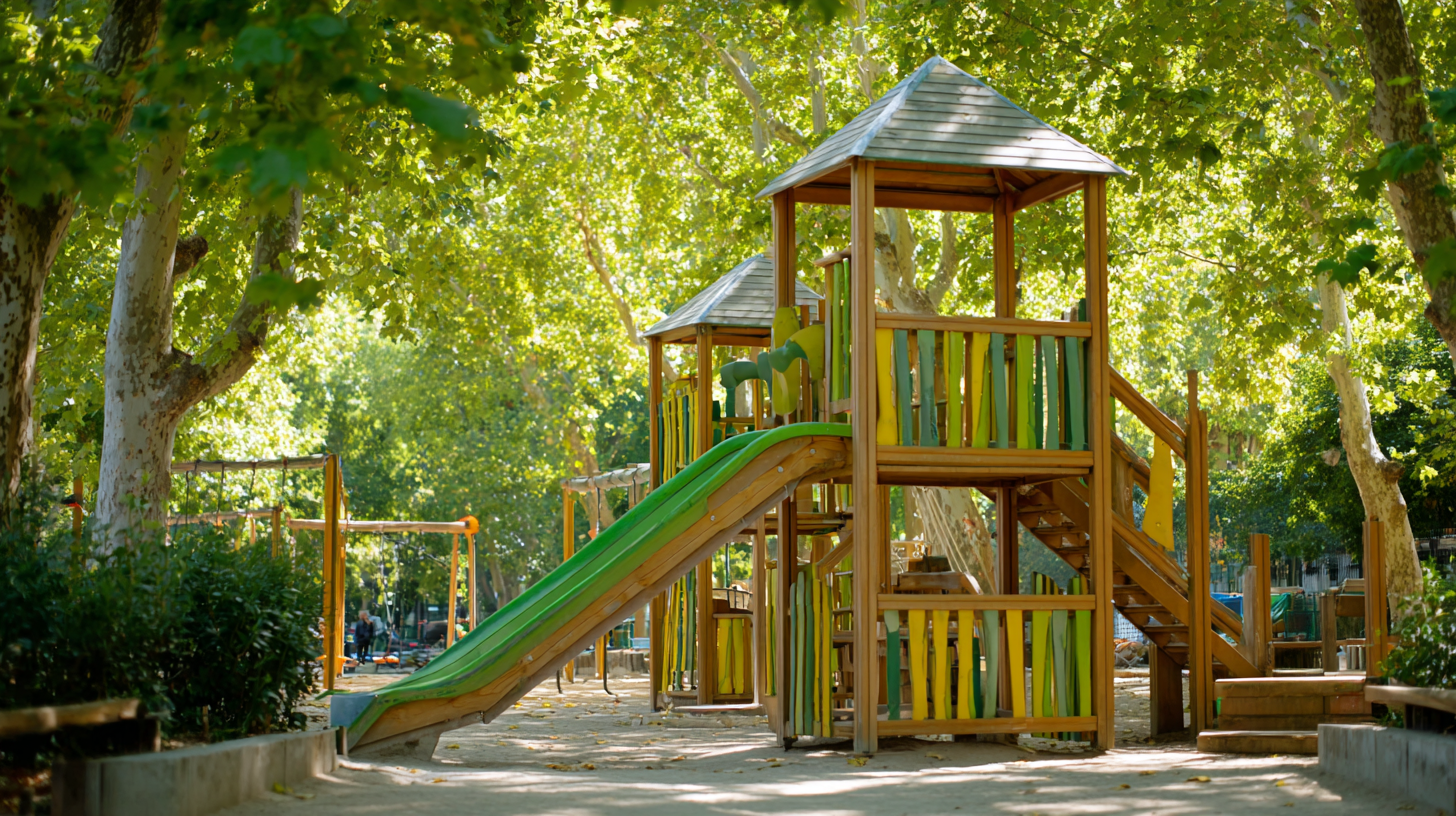
Moreover, just as researchers emphasize the importance of early cognitive development through interaction—like speaking to infants—so does outdoor play serve as a catalyst for growth in older children. Natural settings promote social interactions among peers, which is essential for developing emotional intelligence and collaborative skills. As children engage in playful activities, they learn to express themselves and connect with others in meaningful ways. Thus, the playground is not merely a place for physical exertion but a vital environment where creativity thrives and young minds are nurtured.
Outdoor play is essential for children's health, offering numerous benefits that extend beyond mere physical activity. Recent studies confirm that participation in outdoor play significantly enhances children's well-being and development. Access to playgrounds and natural environments encourages active play, which is linked to improved physical health, better mental well-being, and enhanced learning outcomes. In early childhood education settings, outdoor interventions have shown promising results, indicating that integrating playtime with nature can foster a more holistic development in children.
Moreover, playgrounds serve as vital social spaces where children engage in cooperative play and develop social-emotional skills. Such environments promote community interaction and have been shown to positively impact not only children's mental health but also that of surrounding residents. As urbanization continues to limit children's access to green spaces, ensuring availability and accessibility to playgrounds becomes more critical. By redesigning these play areas and emphasizing nature-based play, we can create supportive environments that facilitate healthy lifestyles for children amidst the challenges of modern urban living.
Creating safe and inclusive play spaces for all children is essential to fostering their physical, social, and emotional development. Research by the National Association for the Education of Young Children (NAEYC) indicates that children thrive in environments where they can explore freely and interact with peers. However, many playgrounds lack accessibility features, which limits participation for children with disabilities. According to a report from the American with Disabilities Act (ADA), approximately 1 in 5 children in the U.S. experience a disability, underscoring the need for inclusive play areas.
To ensure every child can enjoy outdoor play, it is vital to design playgrounds that cater to various needs. Incorporating inclusive equipment, such as wheelchair-accessible swings and sensory play panels, significantly enhances the play experience for all children. Additionally, safety surfacing, like rubber or foam, reduces the risk of injuries, making the playground a secure environment for exploration.
**Tips for Creating Inclusive Play Spaces:**
- Ensure that pathways and ramps are wide enough for wheelchair access.
- Include multi-sensory elements, such as textured walls and musical instruments, that engage children with different abilities.
- Regularly assess playgrounds to ensure that they meet safety standards and are maintained for optimal usability.
By focusing on inclusive design, we can create playgrounds that truly serve every child and promote a sense of community and belonging.
